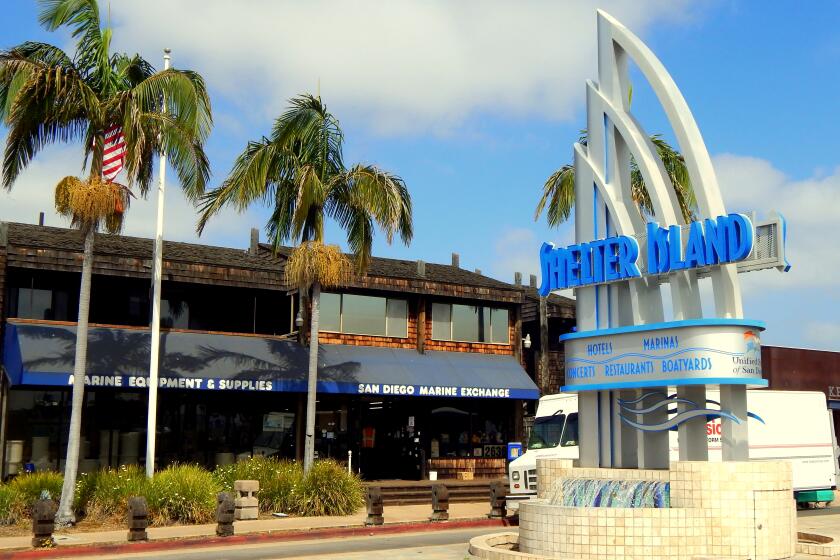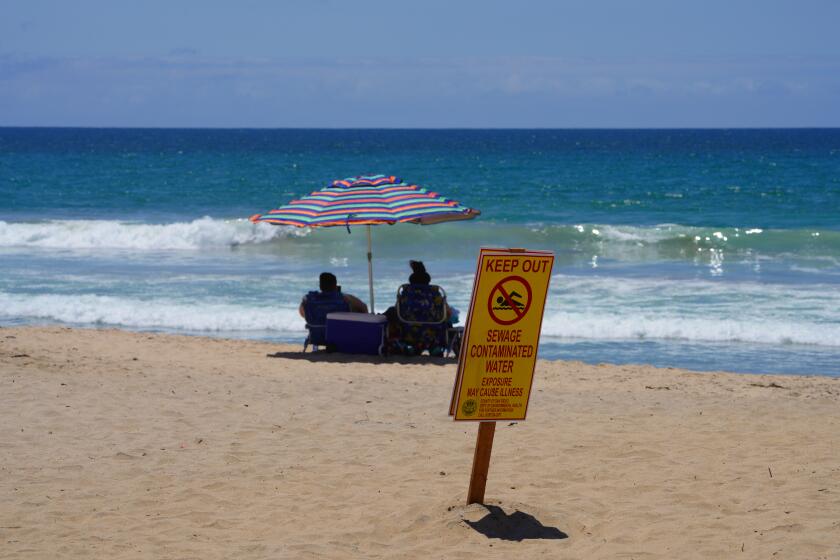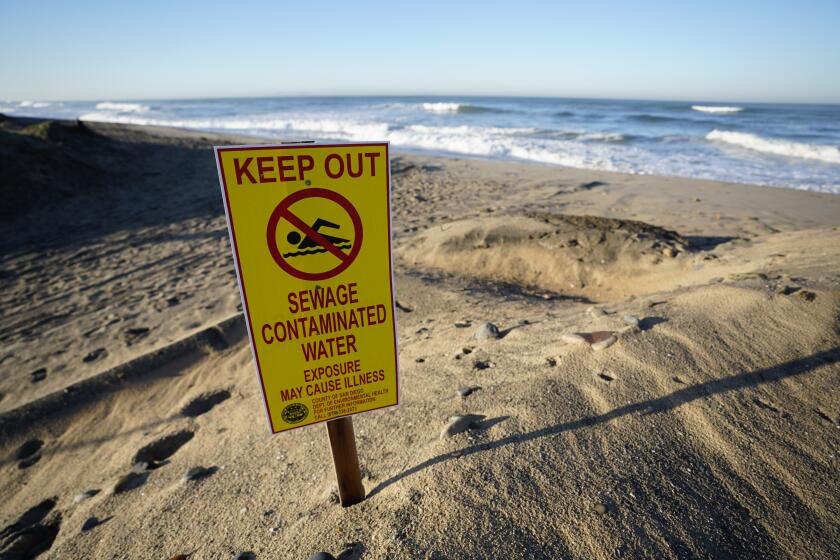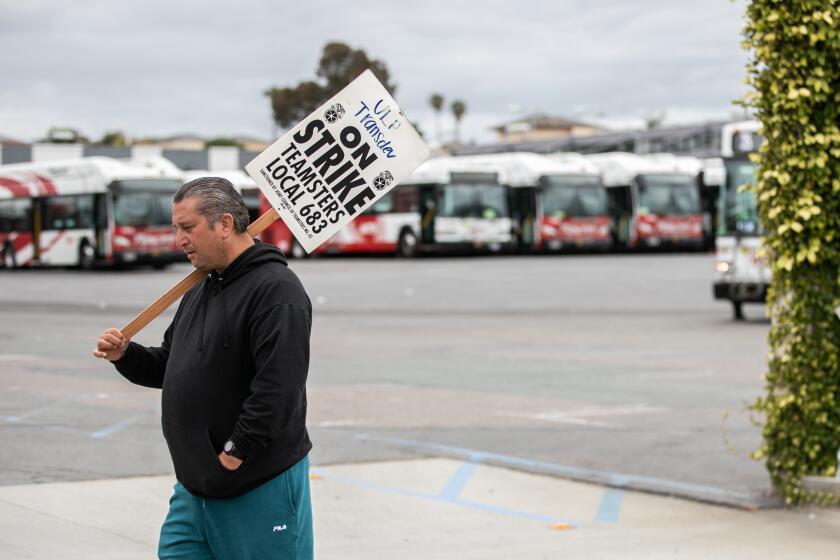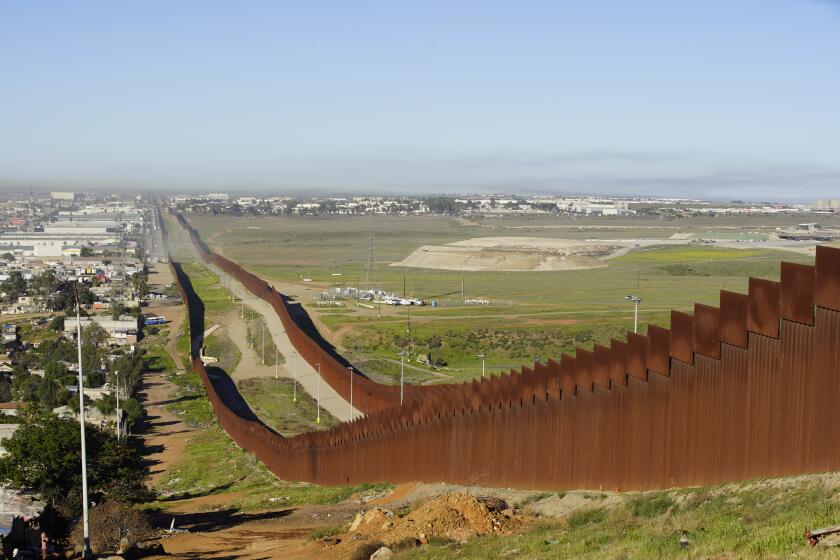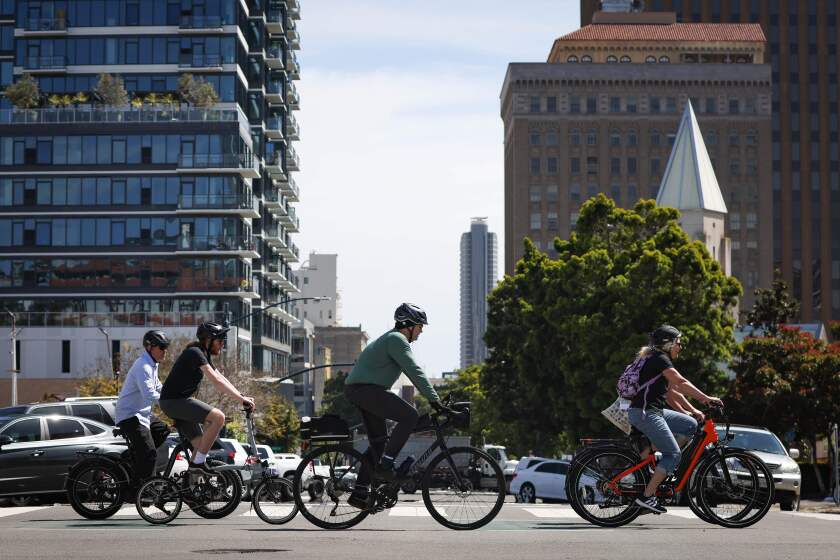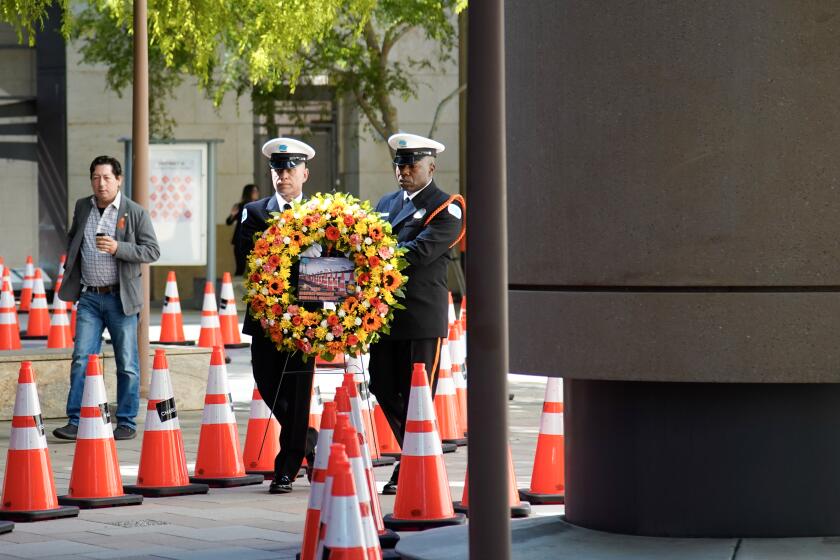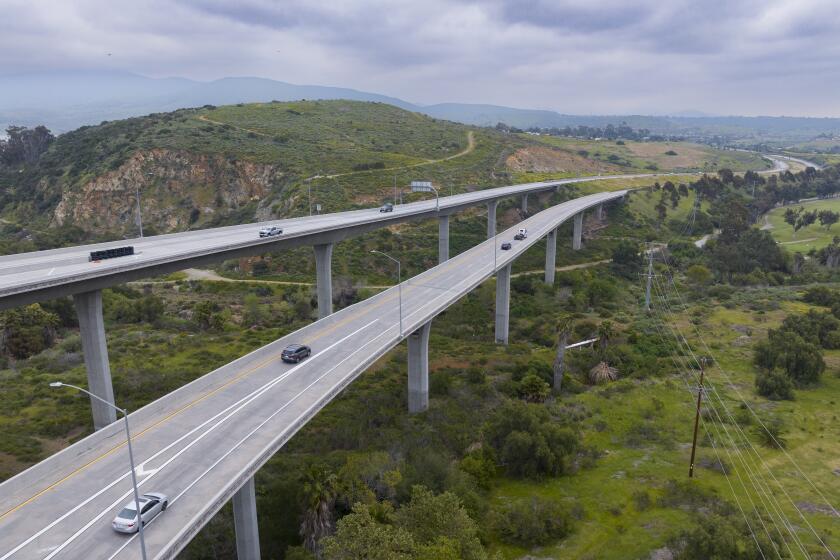MTS to cut service as bus driver tests positive for coronavirus
Officials said transit ridership is down 65 percent, but many San Diegans are still using buses and trolleys
The San Diego Metropolitan Transit System plans to cut service on buses and trolleys starting April 13 to help limit the exposure of drivers and other staff to coronavirus.
MTS had its first staff member, a minibus driver, test positive for coronavirus over the weekend. All bus and trolley drivers have access to masks, gloves and sanitizer.
“We want to remind people that they should only be riding for essential trips,” said MTS CEO Paul Jablonski.
“We’re very concerned about the driver behind the wheel, the train operator up in the cab,” he added. “All these people need to stay healthy in order to provide the services.”
Since the pandemic hit the San Diego region, MTS has seen a roughly 65 percent drop in those riding buses and trolleys. The agency said it’s still providing service to about 100,000 people a day, many of whom rely on transit to get to essential jobs or to access grocery stores and medical appointments.
No transit routes are being canceled, but about 70 percent of bus routes will have some reduced span and/or frequency, officials said. More than 35 bus routes will have no changes.
Trolley service will remain largely unaffected, except for the Blue Line which will temporarily roll back an increase in frequency put in place this summer that sped up arrivals from every 15 minutes to every 7.5 minutes.
Details about specific changes to routes are available at sdmts.com.
“Nobody should be utilizing transit unless it’s absolutely necessary,” said San Diego County Supervisor Nathan Fletcher, who also chairs the MTS board of directors, “but for a lot of folks throughout San Diego County, transit is necessary. It’s an essential service, and so because of that, we will make sure that transit is available.”
A rear-door boarding policy was put into place last week to help put more distance between passengers and drivers. To the same end, the agency is no longer taking cash payments. Riders must use a card or the smartphone app. Fare inspections are now being done on platforms and stations to protect security personnel.
Transit officials said regular bus and trolley cleanings continue with elevated vigilance, while hand-washing facilities have been set up at multiple locations.
MTS is expected to take a major financial hit from reduced sales-tax and fare revenue. To help address concerns, the agency is hoping to secure roughly $200 million in federal stimulus funding.
Get Essential San Diego, weekday mornings
Get top headlines from the Union-Tribune in your inbox weekday mornings, including top news, local, sports, business, entertainment and opinion.
You may occasionally receive promotional content from the San Diego Union-Tribune.

